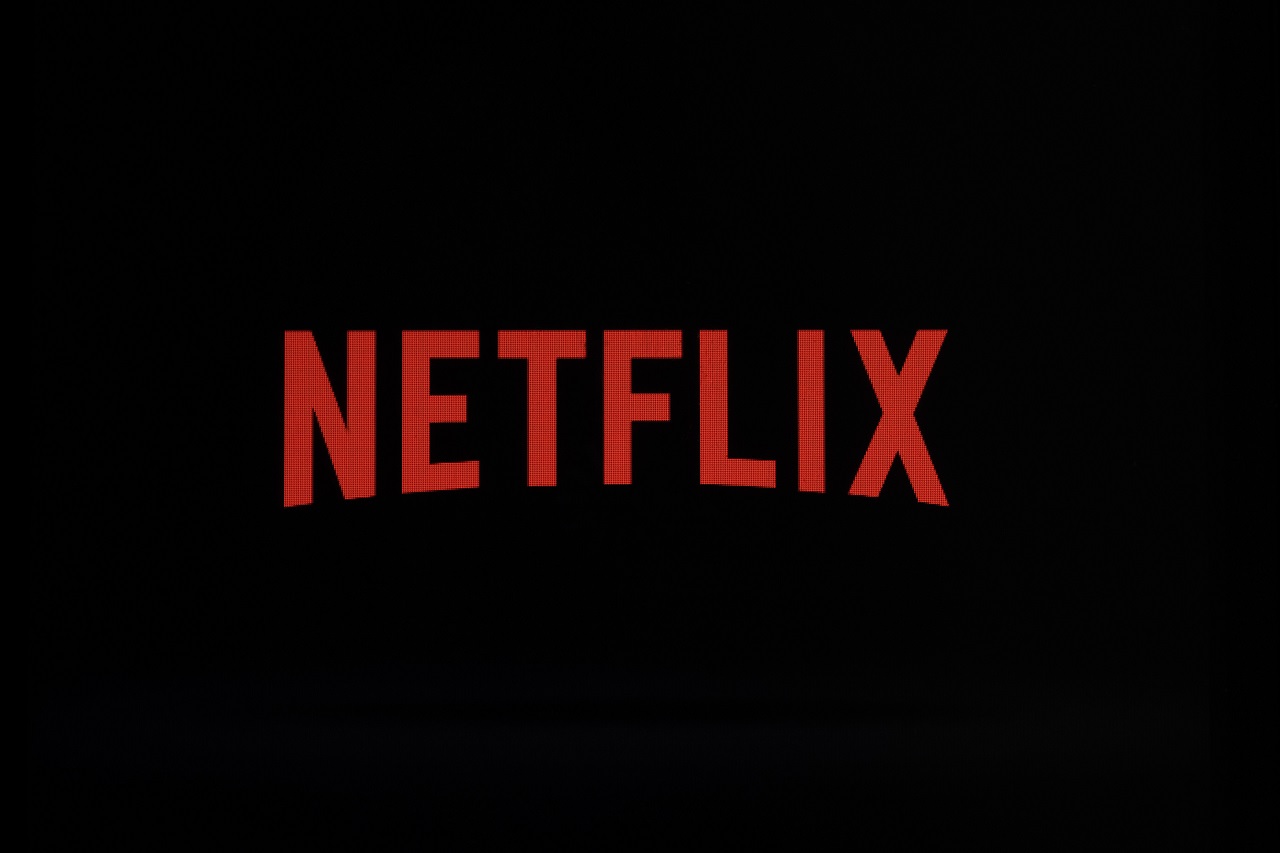Netflix hopes a crackdown on password sharing will turn around it’s declining revenue and sagging customer base. The company’s rule of only allowing one account per household has never been enforced. Netflix will now profit from all the consumers they have been missing out on for all these years by making members pay to share their memberships with people who live in different homes, am I right?
Last year, Netflix informed investors that password sharing affected the streaming service’s first drop in subscribers in over a decade. Co-founder and now-former CEO Reed Hastings reportedly observed, “Password sharing is something you have to learn to live with.”
After months of testing in Latin and Central America, Netflix eventually introduced paid sharing to Canada, New Zealand, Portugal, Spain, and now the United States. Netflix’s new policies require customers to pay an additional $7.99 a month for the sole use of their subscription by someone outside their household.
Many questions still need to be answered regarding how Netflix will implement this and whether it will ultimately contribute to the company’s bottom line. When discussing paid sharing, Netflix has already cautioned its investors of a “cancel reaction,” or the possibility that some customers could discontinue their subscriptions due to the service’s introduction in their areas.
That kind of reaction has previously been observed in Spain, where statistics from the analytics firm Kantar revealed that the streamer lost 1 million customers due to the crackdown.
Netflix executives, however, believe that the “increased total revenue” will eventually exceed those dropped subscribers. Netflix stated that it was “pleased with the outcomes” of its crackdown on password-sharing in Canada, New Zealand, Portugal, and Spain in its most recent earnings report in April.
It also noted that Canadian subscribers were “rising faster than in the US.” While Dan Rayburn, a streaming media expert and industry analyst, tells The Verge that “that’s not a fair comparison” because the number of subscribers and households in both countries are just “so different,” Netflix assures investors that its results in Canada are a “reliable indicator” of what will happen here.
Netflix doesn’t account for the number of users who will choose to downgrade their plans rather than cancel them entirely, which Rayburn claims is another major issue for the business. Without password sharing, Netflix’s more expensive plans lose part of their appeal because some customers may only choose these packages for the benefit of being able to stream Netflix to several devices and households at once.
The $19.99 monthly Premium subscription allows up to four simultaneous viewers, while the $15.49 Standard plan only allows two devices. The move toward password sharing may lead some customers to choose the $9.99 Basic plan each month rather than cancelling their membership, which only allows them to stream Netflix on one device at a time.
Netflix’s average revenue per user (ARPU), $16.18 in its most recent financial report, could suffer from this future trend. The downgrades will be painful as well, Rayburn says, “since Netflix can’t make up for it in advertising.”
